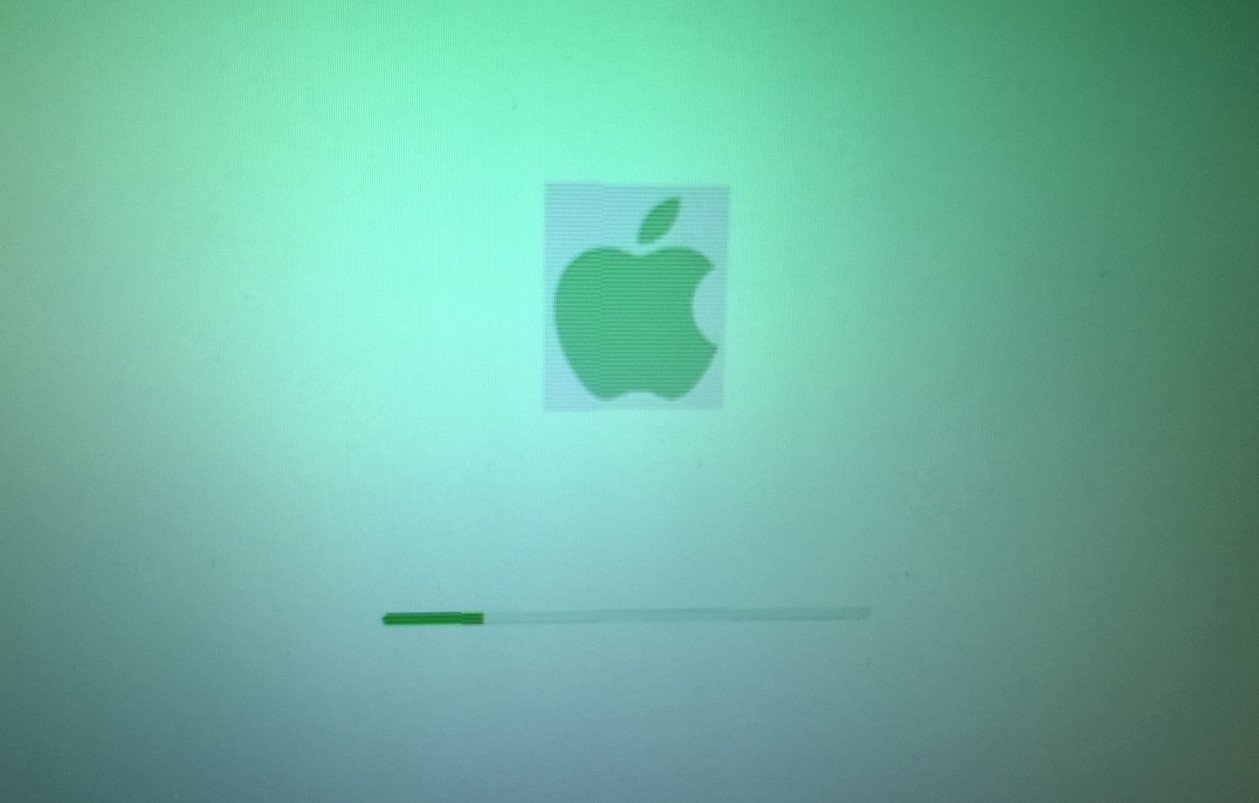News
Facebook Warns of FreeType Vulnerability Exploited in Attacks
A critical security flaw in the FreeType font rendering library has been flagged by Facebook, with reports indicating that attackers have already taken advantage of the vulnerability. The flaw, affecting all versions up to 2.13, could allow arbitrary code execution, raising alarms across multiple industries reliant on FreeType.
FreeType’s Critical Role and the Vulnerability at Hand
FreeType is an essential component in digital text rendering. It powers font display across numerous platforms, including Linux, Android, game engines, and various GUI frameworks. Given its widespread integration, the newly discovered flaw poses a significant threat.
The vulnerability, designated CVE-2025-27363, carries a CVSS v3 severity score of 8.1, categorizing it as a high-risk flaw. It was formally patched in version 2.13.0 on February 9, 2023. However, despite the availability of a fix, many systems may still be running outdated versions, leaving them exposed to potential attacks.
How the Exploit Works
According to Facebook’s disclosure, the vulnerability originates from an out-of-bounds write error within FreeType’s handling of TrueType GX and variable font files. The issue occurs due to an incorrect assignment of a signed short value to an unsigned long, followed by an addition operation that wraps the value. The result? A misallocated heap buffer, leading to out-of-bounds writes that attackers can leverage for arbitrary code execution.
In simpler terms, this flaw allows hackers to insert and execute unauthorized code on affected systems. Given FreeType’s deep integration into various software stacks, the risk extends far beyond just font rendering, potentially compromising an entire system.
Who Is Affected?
The scale of potential exposure is massive. Here’s a quick look at the primary areas where FreeType is commonly used:
- Operating Systems: Linux distributions and Android-based devices rely on FreeType for rendering text.
- Game Engines: Many modern game engines use FreeType to process in-game fonts and text.
- Web Platforms: Websites and services that dynamically generate or manipulate text-based images may also depend on FreeType.
- GUI Frameworks: Applications with graphical interfaces, including embedded systems, could be vulnerable if running outdated versions.
Facebook’s Role in Uncovering the Threat
Facebook has not disclosed whether it uses FreeType within its own infrastructure. However, its security team was the first to publicly disclose the flaw, emphasizing that reports of active exploitation already exist.
“An out-of-bounds write exists in FreeType versions 2.13.0 and below when attempting to parse font subglyph structures related to TrueType GX and variable font files,” reads the bulletin issued by Facebook.
The company further elaborated on the potential consequences, stating, “The code then writes up to 6 signed long integers out of bounds relative to this buffer. This may result in arbitrary code execution.”
While Facebook’s specific connection to the issue remains unclear, its security team’s vigilance highlights the broader concerns surrounding open-source vulnerabilities.
What Needs to Be Done Now
The best course of action for developers, administrators, and security teams is immediate mitigation. Updating to the latest FreeType version (2.13.3) should be a top priority. However, software dependencies often mean that outdated versions persist within applications, sometimes for years.
Steps to mitigate the risk:
- Verify which FreeType version is currently in use.
- Update to FreeType 2.13.3 if an older version is detected.
- Conduct security audits to identify software dependencies that may still rely on vulnerable FreeType versions.
- Monitor systems for any unusual activity that may indicate an attempted exploit.
Meta’s Response and Industry Implications
When asked about the flaw and its exploitation, Meta provided a brief but firm statement: “We report security bugs in open source software when we find them because it strengthens online security for everyone.”
The company further emphasized its commitment to security, adding, “We think users expect us to keep working on ways to improve security. We remain vigilant and committed to protecting people’s private communications.”
This incident underscores a persistent challenge in cybersecurity—how long vulnerabilities linger in systems before they are fully addressed. Despite the fix being available for over a year, outdated versions remain widespread, making it crucial for organizations to act swiftly.
The Bigger Picture: Open-Source Security Challenges
This FreeType vulnerability is yet another reminder of the complexities involved in securing open-source software. While open-source projects benefit from broad collaboration and transparency, they also introduce significant risks when outdated versions remain in circulation.
Consider the following:
| Issue | Impact |
|---|---|
| Widespread Adoption | Many systems rely on FreeType, increasing the attack surface. |
| Slow Patch Deployment | Organizations often delay updates, keeping vulnerabilities alive. |
| Active Exploitation | Reports confirm attackers are leveraging this flaw. |
Security experts continuously stress the importance of keeping software up to date, but in reality, patching is often delayed due to compatibility concerns, oversight, or lack of awareness.
Final Thoughts
With FreeType deeply embedded in millions of devices and software systems, the urgency to patch this vulnerability cannot be overstated. Developers and IT teams should prioritize updates, while security researchers must continue identifying and disclosing potential threats. If left unaddressed, this flaw could become a significant weapon for cybercriminals targeting high-value platforms and infrastructures.

 News12 months ago
News12 months agoTaiwanese Companies Targeted in Phishing Campaign Using Winos 4.0 Malware

 News12 months ago
News12 months agoApple Shuts Down ADP for UK iCloud Users Amid Government Backdoor Demands

 News11 months ago
News11 months agoJustin Baldoni Hits Back at Ryan Reynolds, Calling Him a “Co-Conspirator” in Blake Lively Legal Battle















